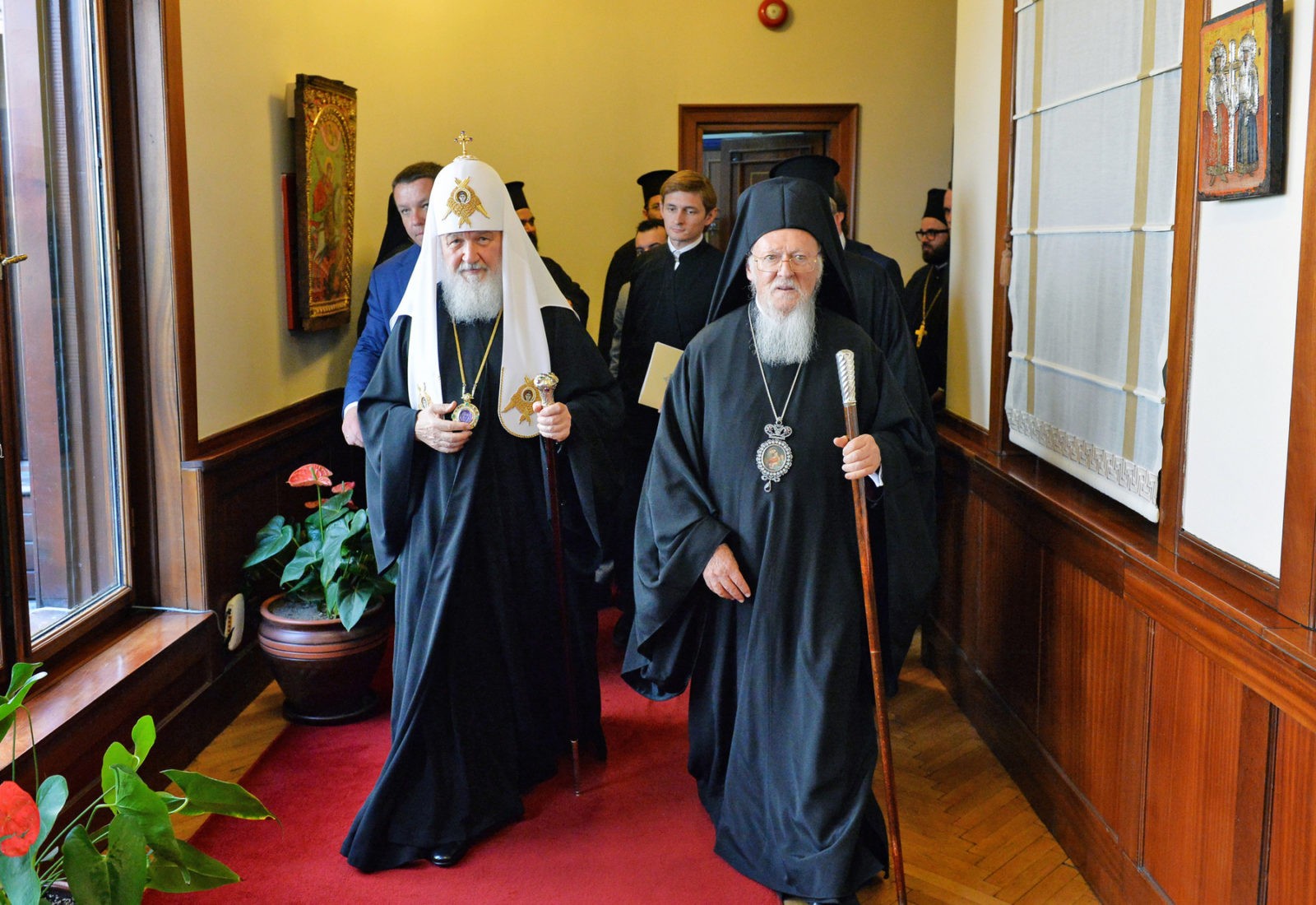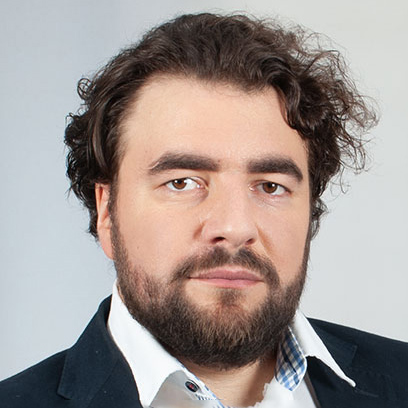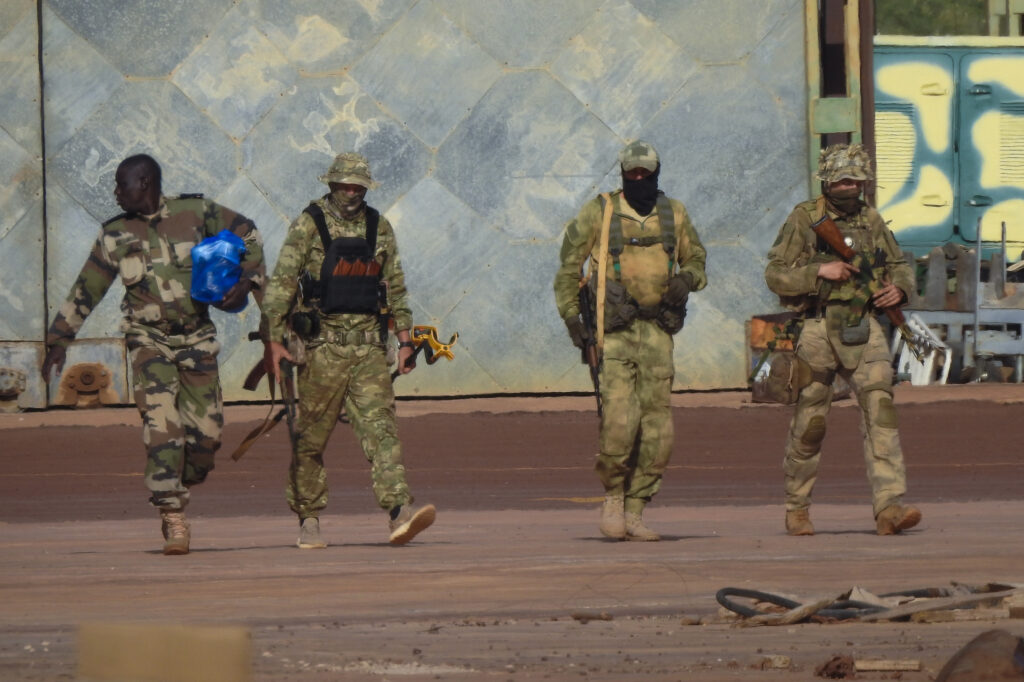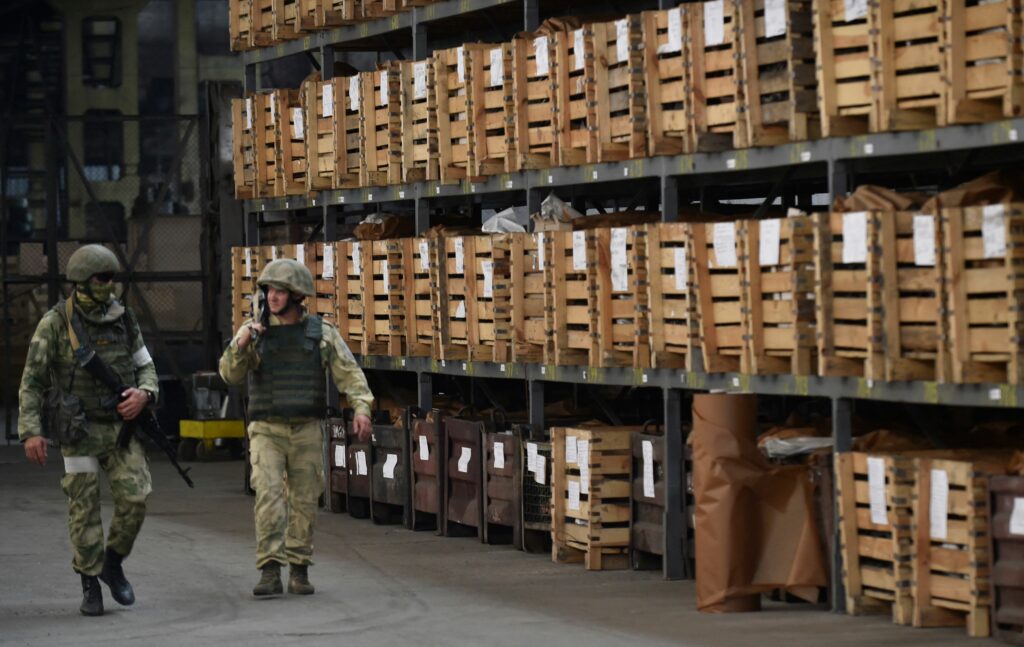The Russian Orthodox Church (ROC) is currently at loggerheads with other branches of the Orthodox Christian faith. Yet the dispute is hard to comprehend. Bartholomew I of Constantinople used to have close affinity with the ROC. He is the Ecumenical Patriarch, the leader of leaders in Eastern Christianity. Now, however, his mood towards the ROC has soured. The reason is political rather than theological. And it is a direct result of the military-political conflict in Ukraine initiated by the Kremlin.
Under discussion is the autocephaly (a full self-government) of the Ukrainian Orthodox Church. These discussions have proved divisive in the Orthodox community. It has also been a particular sore point for the ROC.
The Kremlin’s Ukraine strategy has generated a variety of often unexpected difficulties for the ROC. Not least the desire of the Ukrainian authorities to create a unified national church that is independent from Moscow. Such a desire was in itself far from unexpected once the conflict broke out. Still, few people thought that it could reach such a deep split in the Orthodox world. A rupture of eucharistic communion would have been unthinkable back in 2013.
The ROC used to get less involved in international politics. After fighting with Georgia in August 2008, the Kremlin created puppet states in Abkhazia and South Ossetia. At that point, the ROC distanced itself from what was happening. The Moscow Patriarchate continued to recognize lands within these de-facto states as canonical territory of the Georgian Orthodox Church. That was despite severe pressure from local priests, as well as political activists who claim to be Orthodox.
The situation in Crimea developed in a similar manner. This annexed territory of Ukraine in 2014 remains, in the eyes of the Moscow Patriarchate, a part of the canonical territory of the autonomous Ukrainian Orthodox Church (UOC). That is facilitated by the canonical UOC remaining part of the ROC, at least as recognized by other world Orthodox churches. So, the annexation of Crimea practically did not affect the position of the ROC in Ukraine.
Not so in Donetsk and Lugansk, and partly also in Odessa and Kharkiv. Their priests of the Ukrainian Orthodox Church of the Moscow Patriarchate (UOC-MP) sided with pro-Russian forces. This included during a direct armed conflict. The leadership of the ROC also did not stand aside from the conflict.
Patriarch Kirill was unambiguous. He repeatedly spoke in favor of the de facto republics created in Donetsk and Lugansk.
The Moscow Patriarchate’s stance strengthened a group of influential Ukrainian politicians. This group advocated the creation of a single local Orthodox Church in Ukraine that would unite the three largest communities. These were the UOC-MP, the Ukrainian Orthodox Church of the Kyiv Patriarchate, headed by the “patriarch” Filaret and, finally, the Ukrainian autocephalous church.
This idea had been a talking point for almost all presidents of Ukraine, especially under Viktor Yushchenko. But the current head of state, Petro Poroshenko, remained demonstratively, along with the majority of Orthodox Ukrainian believers, a parishioner of the UOC-MP. Moreover, he went to the “Moscow” churches for some time after the Maidan Revolution. He continued to go well after the escape of his predecessor, Viktor Yanukovich.
Yet, the association of the ROC with attempts to undermine the Ukrainian state has been damaging to its reputation in Ukraine. The result has been the pre-election political initiative of Poroshenko to appeal to Constantinople. His request was for Bartholomew I to grant Ukraine a Tomos. That is, a church legal order for establishing a unified self-governing church in the country. The UOC MP does not support this idea. Two major “non-canonical” churches and many political representatives of various non-Orthodox churches, for example, Protestant politicians, Greek Catholics or even representatives of the Crimean Tatars, speak in its favor.
After an unsuccessful meeting with Patriarch Kirill, Patriarch Bartholomew seems to have made a final decision to gradually satisfy the petition of the Ukrainian authorities. This will set a new historical precedent. Never before was autocephaly asked for specifically by political authorities while the main canonical church was opposing it.
Many pragmatists within the UOC-MP explain their opposition with a warning. The creation of a single and formally independent church would in reality be under full control of Ukraine’s political authorities. Formal submission to Moscow, they argue, allows them to maintain relative autonomy from Poroshenko and the majority in the Verkhovna Rada.
Bartholomew, in connection with the absence of a request from the UOC-MP, is following the path of creating a new church from scratch. For this purpose he has appointed two of his bishops of Ukrainian descent to Kyiv. They served before in the US and Canada. In the ROC, of course, this was called an invasion of another’s canonical territory. Threats of schisms have emerged. That is, the cessation of eucharistic communion with the Patriarchate of Constantinople. This means the absence of prayerful communication and non-recognition of the sacrament of communion performed by priests who consider Bartholomew their head.
What does this mean for Ukraine? A hard split to swallow for the supporters of the two churches. One of which will not recognize the other. One will obey Moscow and possess for the time being the largest number of property on the territory of Ukraine and, accordingly, the parishes. The other will rely on the Ukrainian authorities and political radicals. It will, sooner or later, seize this property.
For Russia, however cynical this may sound, this situation creates a form of opportunity. (If the goal is to destabilize the situation in Ukraine.) It could mean the destruction of living, working public institutions. All for the sake of short term gains for the Russian state. This has already been done repeatedly by Kremlin postmodernists, like Vladislav Surkov, who is now responsible for the Ukrainian policy in the Kremlin. In similar fashion, institutions of government, parliament, and political parties were all destroyed in Russia. Actually, the ROC itself after the election of Patriarch Kirill has gradually turned into a permanent source of social conflicts. Many of which cause nothing but irritation or mistrust. It used to be an institution that Russians trusted.
Now this experience can be extended to Ukraine. Yes, strategically losing the Ukrainian Orthodox Church is a huge defeat. Not only for the ROC as a legal organization. Not only for the Orthodox communities of Ukraine and Russia. But also politically for the Kremlin. Yet this defeat is not without wider political advantages.
Tactically the struggle for hearts and minds on canonical Ukrainian territory makes it desirable for Russian propaganda to foment intra-Ukrainian conflict. It can flare up anywhere. A priest might get beaten or a church burned or perhaps someone would get killed amid a fight for the property. That would make it hard to deny the fratricidal nature of conflict in Ukraine. Just as Kremlin was asserting all these years.
The Kremlin is tearing the Ukrainian Orthodox Church from the ROC with its own hands. However, one must understand that someone in the Kremlin could be attempting to stimulate and encourage this process. Either due to stupidity, or following a flawed understanding of Russia’s foreign policy as a zero sum gain. Within Russian political circles, there may well be forces for which the unity of Orthodoxy is not useful. For them, what is happening is a bid to split of Ukrainian society. These forces do not object to the emergence of another split in a bid to sow doubts and division among Ukrainians. That other split involves a schism of the church, and a sectarian conflict that may span decades if not centuries.










